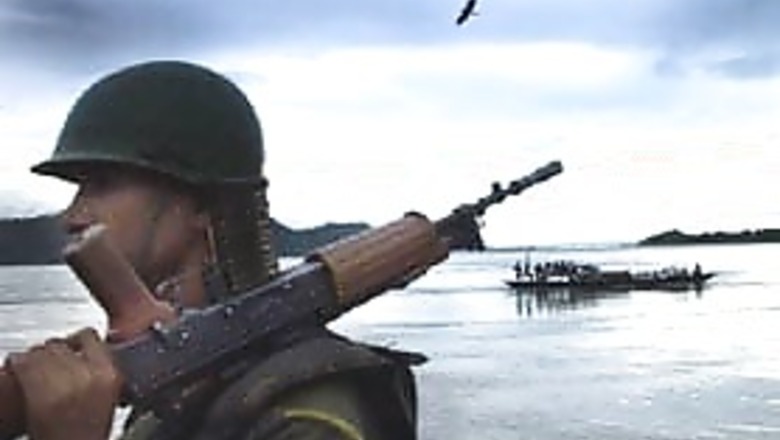
views
New Delhi: New Delhi's ceasefire with the outlawed United Liberation Front of Asom expired on Wednesday night with the Centre sticking to its stand to not take that extra step to the next stage of the peace process.
The peace initiative hit a roadblock after an intransigent ULFA and the inflexible Centre refused to relax their respective stands.
While the Centre had been asking the outfit for a written communication on its joining direct talks with the government, the ULFA persisted with its demand that New Delhi starts the first move by releasing five of its top leaders from jail.
New Delhi had also asked ULFA to name a negotiating team of top leaders and specify a timeframe for the dialogue. The outfit didn't respond to any of these. The ULFA says it is not in a position to take any decision in the absence of their five central committee leaders.
The ULFA-nominated People's Consultative Group had moved the Prime Minister's Office on Tuesday, seeking a month's extension to the ceasefire. But after prolonged negotiations between National Security Advisor (NSA) M K Narayanan and the PCG till midnight on Wednesday, the talks failed and the truce collapsed.
"As of now, the truce stays shattered," a representative of the People's Consultative Group said. "We are going to have another round of talks on Friday. But we are not really hopeful of any outcome," PCG interlocutor Indira Goswami said.
A high-level meeting reviewed the peace process with the banned group on Thursday night. The meeting chaired by National Security Advisor M K Narayanan, was attended by Home Secretary V K Duggal among others. But there was not outcome.
New Delhi had suspended Army operations against ULFA on August 13 on the eve of the Independence Day in a major push to bring the militant outfit to the negotiation table. The ceasefire has since been extended four times, the last time it was extended by just five days on September 15, pending a decision for the NSA's arrival from his foreign tour.
The Ministry of Home Affairs is believed to be under constant pressure from the Army, which is engaged in the counter-insurgency operations in the region, to allow them to carry on with its operations against the outfit. The Army has been opposing the ceasefire, saying that the outfit could regroup and strike back more vociferously if it is allowed a period of calm.
The militant outfit has been maintaining that the release of the five jailed leaders is necessary in order to create a congenial atmosphere for talks. They say such a move can create an air of trust and 'show New Delhi's eagerness for talks by creating a level-playing field." Interestingly, the outfit has still been insisting on a dialogue on the sovereignty issue. The Centre hasn't yet clarified if it is ready to discuss the same.



















Comments
0 comment